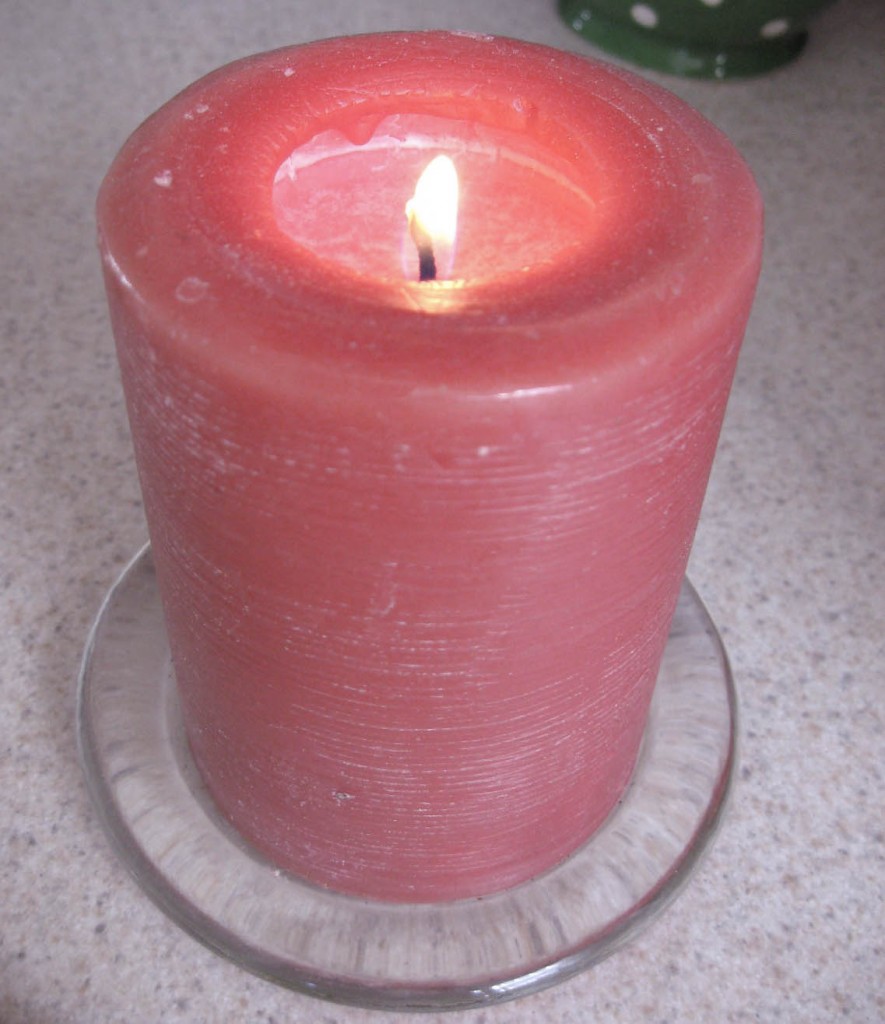My friend, Art, once complained about spiritual direction:
“There’s a lot of weak tea out there.”
When I was in my twenties, I went through three spiritual directors before finding a sensible Jesuit brother. The first three were lay women who were either too nice to ask good questions or had very particular ideas about what they thought I should be doing and told me so. When I think of one, I think of a pale pink candle she lit, after turning most of the lights down in her living room (that was a bit eerie). Or another, when I shared I was uneasy about a situation at work, she told me something like, “Well, you really shouldn’t care about that!” Huh. Thanks.
Unfortunately, the Jesuit was transferred soon after I started meeting with him.
In seminary, I saw a nun with a Boston accent who liked to ask me, “Whaat is your deepest desiyah?” And a Catholic lay woman who tape-recorded all our sessions for her supervisor, and when I told her about a dream I had of my hands being filled with cotton balls and the wind blowing them away, she thought it might mean that although I was easily blown around, she wanted me to remember: “You can fly!” Another spiritual director felt more like a therapist, and the more we talked about my parents the more I wasn’t sure what I was doing there.
A lot of weak tea. But as you can see, I’ve kept trying – thinking I would find someone who would help me deepen my spiritual life. Surely! And I’ve had a couple good ones; but the stories about them aren’t quite as funny. My friend, Ellen, is a spiritual director and has lots of sense, wisdom, and good questions – too bad she’s my friend: I can’t see her as a director. (If you want a spiritual director in the southern suburbs, leave a note in the comments and I’ll get you her information – she’s the real thing!)
Deep down, I’ve always sort of longed for a spiritual director who could really kick my butt. You know, give me tough Bible passages to grapple with, tell me to do centering prayer every day for a month or something Ignatian, talk about the power of Confession and fasting, or some such things. Of course, the problem is most spiritual directors more about God’s love and being yourself and all that. But I find that I, and many of my spiritually inclined Christian friends, long for a sort of spiritual boot camp experience with a spiritual director. (Someone will now remind me of Jesuits.)
I’ve had a few people over the years ask me if I’ve ever thought about being a spiritual director, myself. A few classmates at Seabury called me “Amma,” after the Desert Mothers of early Christianity. I do love sitting down with someone and hearing their story, drawing them out with questions, disciplining myself not to give advice (hard!), and noticing their energy or interests. I love talking about prayer. Maybe I could devise a Spiritual Bootcamp Experience, myself.
There’s an empty brick mansion on the prairie in Towanda, Illinois for sale that some folks may have seen me joking about on Facebook. But with no plumbing, heat, or electricity, it could make a great place for a Bootcamp Retreat Center.
But I haven’t quite been sure about being formally trained as a spiritual director. Would it be corny? More weak tea? Maybe I’m just a good listener, and more training would be overkill. Isn’t being a pastor enough already?
 One thing I’m sure of. No pink candles.
One thing I’m sure of. No pink candles.








My own journey with spiritual direction has been similar to yours–encountering a lot of weak tea. I met with a retired bishop for awhile, and that was a time of great growth for me, but he moved north to be closer to family. I have not found anything that meets that experience.
Spiritual direction, IMHO, does not require formal training. Your seminary training is surely enough technical knowledge. Rather, it requires a commitment to the other person, and a curiosity that delights in knowing more and digging deeper. If that sounds like you, offer yourself to those who seek.
Thanks, Ben! I appreciate your words.